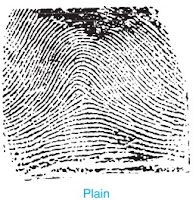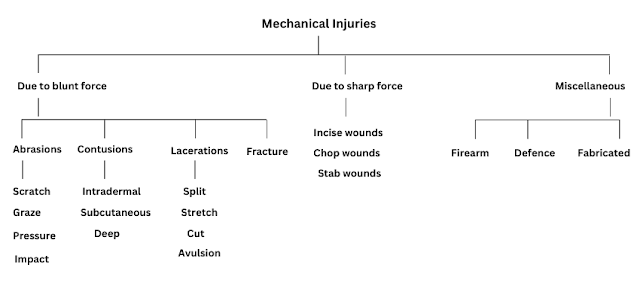Why old people fall so often and how this can be prevented
Why old people fall so often and how this can be prevented
Why do the elderly fall?
1. As bodies age, muscle undergo de- conditioning as part of lower mobility and loss of protein mass.2. Bad eyesight leads to tripping and falling.
3. Medication (especially sleeping aids, anti-depressants, blood pressure lowering medication and anti-seizure medicines).
4. Neuropathy, epecially in elders with conditions like diabetes, causes impairment in judgement of ground level and leads to falls.
5. Movement disorders like Parkinson's cause impairment in coordination and balance.
6. Urgency to pass urine and inability to control the urge, often leads to falls.
7. Knee pain sometimes leads to the legs buckling while walking.
What you should know
1. More than half of the falls in the elderly happen in the mornings.2. Falls account for majority office factures.
3. Most falls over during a walk or while bathing.
4. 40% of falls happen at home, either in the restroom or in the area just outside the bathroom (thanks to wet floors or tripping over footmats or objects left lying around).
Preventing a fall
1. Keep your home clutter free and make sure pathways are always clear and well lit.2. Have your medications reviewed by your physician as sometimes various drugs and drug interactions can contribute to falls. It is better to have a single prescription of all your medicines.
3. Use walkers and canes recommended by a medical team. Unnecessary use of walking aids also contributes to falls. Walking is the best exercise to strengthen your muscles and improve balance.
4. Modify your home to suit your body need. Hand rails and grabs keep you safe.
5. Simple modifications like overhead lights, a commode raiser and a hand-held shower reduce the risk of falls.
6. Keep floors and tiles dry.
7. Manage incontinence with trainable bladder habits, the use of diapers and medications.
8. Balance exercises like yoga and Tai Chii improve your balance and coordination.
9. Check your vision regularly. Always wear glasses when walking.
10. Wear appropriate footwear for both indoors and outdoors.
Follow these steps and you can live a better life.
Thanks for reading!!
Read our other posts Click here



